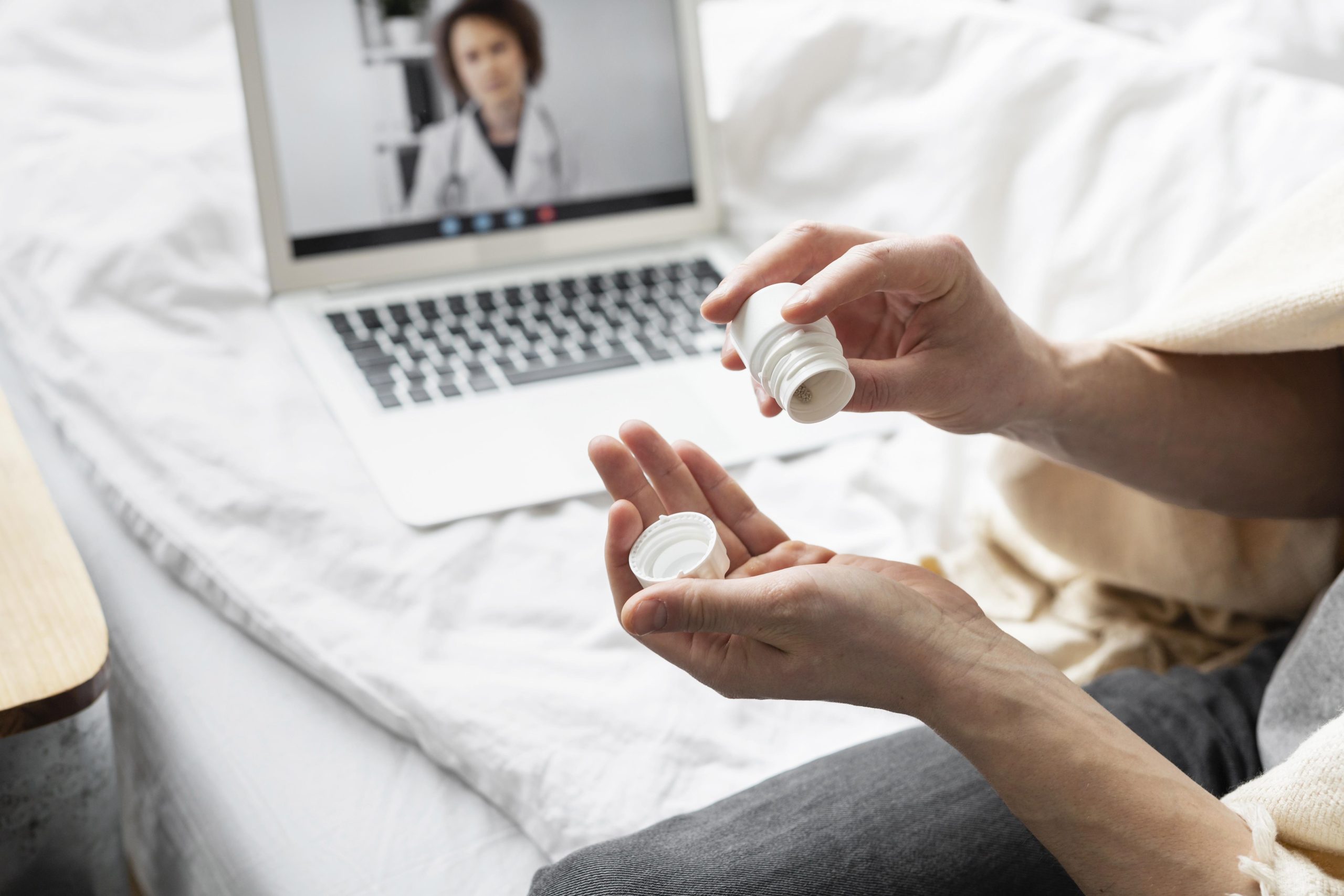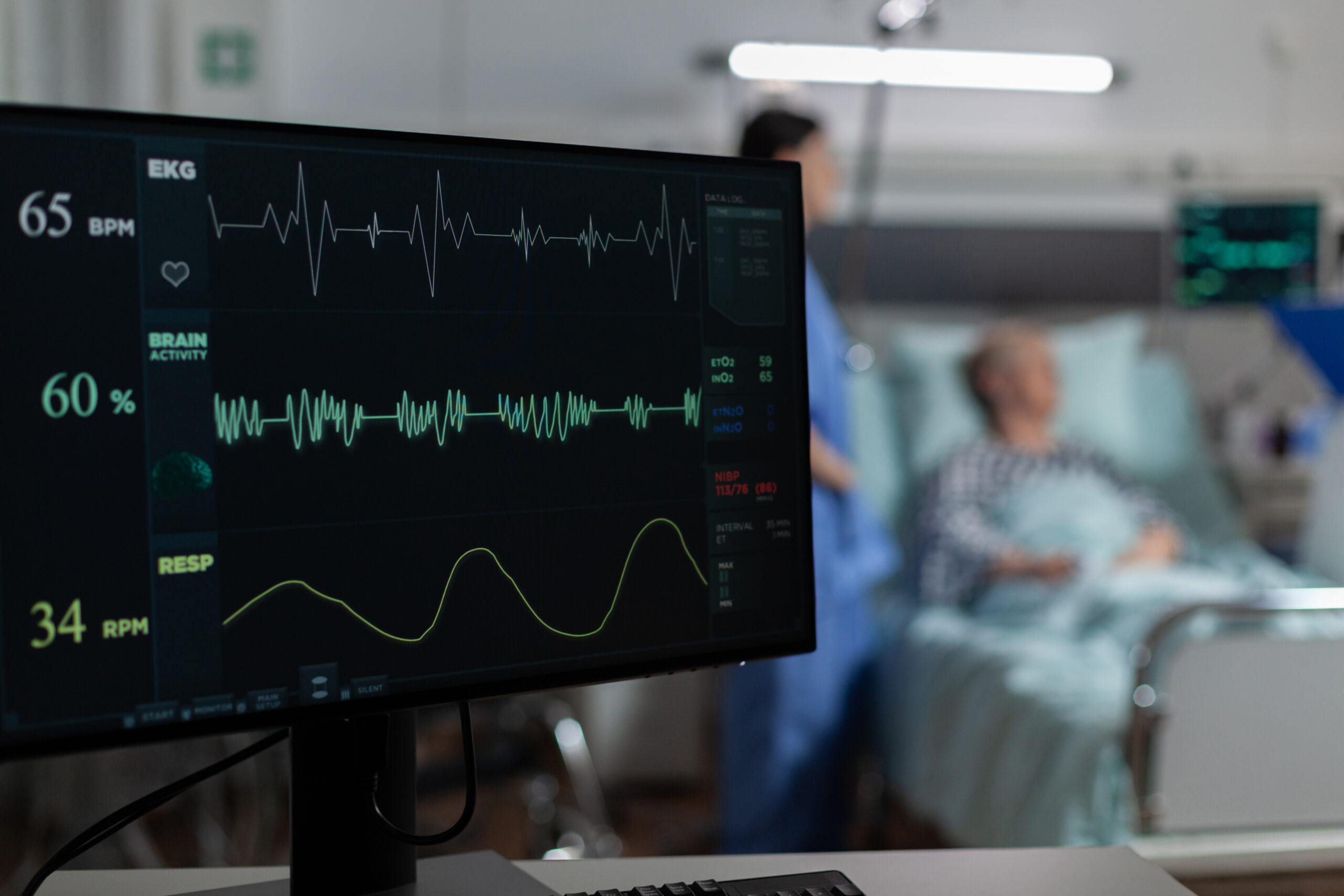How Remote Patient Monitoring is Improving Substance Abuse Care?
How Remote Patient Monitoring is Improving Substance Abuse Care?

Remote Patient Monitoring (RPM) plays a critical role in substance abuse care by providing continuous health data monitoring and immediate response capability. Key components of an effective RPM system include real-time monitoring of vital signs, medication adherence tracking, and the ability to communicate and engage with patients in their recovery journey seamlessly. This technology has proven particularly useful for managing chronic conditions, and now it’s making a significant impact on substance abuse care.
This real-time interaction allows healthcare providers to detect early signs of relapse and take prompt action, potentially preventing a full-blown relapse. By offering a constant connection between patients and their healthcare providers, RPM ensures that help is always at hand, leading to a safer and more effective treatment process.
Substance Abuse Care Areas Benefiting from RPM
1. Detoxification: RPM ensures real-time monitoring of withdrawal symptoms, enhancing patient safety during detox.
2. Rehabilitation: RPM tracks progress and helps detect early signs of relapse, aiding effective rehabilitation.
3. Outpatient Treatment: Maintaining constant patient-provider contact, RPM supports outpatient programs by monitoring health and behavior changes.
4. Medication-Assisted Treatment: RPM assists in monitoring medication adherence, response, and side effects in MAT programs.
5. Therapy and Counseling: Used with virtual therapy, RPM provides therapists with insights into patients’ well-being to adjust therapy plans.
6. Aftercare Programs: RPM aids in aftercare by monitoring ongoing recovery progress and quickly identifying potential relapse signs.
The Impact of Remote Patient Monitoring in Substance Abuse Care
Remote Patient Monitoring (RPM) is transforming substance abuse care in several ways:
- Enhanced Accessibility: RPM offers healthcare services to patients in remote locations, breaking geographical barriers.
- Increased Patient Engagement: RPM promotes real-time interaction between patients and healthcare providers, motivating patients to stick to their treatment plans.
- Early Intervention: Continuous monitoring allows for early detection of relapse signs, enabling immediate intervention.
- Cost Efficiency: By reducing the need for frequent hospital visits and allowing early intervention, RPM can potentially lower healthcare costs.
- Comprehensive Care: RPM can help provide a more holistic view of a patient’s health. By tracking a variety of health metrics, healthcare providers can gain valuable insights into a patient’s overall wellbeing, not just their substance use. This can lead to more comprehensive and effective treatment plans.
- Anonymity: RPM can provide a sense of anonymity for patients who might feel stigma or shame associated with substance abuse treatment. This anonymity can make it easier for some patients to seek help.
RPM is redefining substance abuse care. In addition to enhancing accessibility, increasing patient engagement, allowing for early intervention, and improving cost efficiency, RPM also offers comfort, anonymity, comprehensive care, and improved communication, further amplifying its transformative potential in substance abuse care.
Conclusion
The integration of RPM into substance abuse care holds great potential for improving patient outcomes. As technology advances, substance abuse centers should explore and adopt RPM as a transformative tool, ultimately helping individuals achieve lasting recovery and healthier lives.
Explore our Remote Patient Monitoring (RPM) solution for more information.
References
Pharmanewsintel.com. (n.d.). How Can Remote Patient Monitoring Improve OUD Care? Retrieved from https://pharmanewsintel.com/features/how-can-remote-patient-monitoring-improve-oud-care
Substance Abuse and Mental Health Services Administration. (n.d.). Behavioral Health Treatment Services Locator. Retrieved from https://dpt2.samhsa.gov/treatment/directory.aspx
More Blogs
Why Real-Time Monitoring is Essential for Modern Nursing Home Management
In the dynamic world of healthcare, nursing homes play a crucial role in providing care for the elderly and those with chronic conditions. As the demand for nursing home services continues to grow, so does the need for efficient management and high-quality care. One of the most transformative advancements in this space is the integration … Continue reading “Why Real-Time Monitoring is Essential for Modern Nursing Home Management”
Read MoreHow Hospital at Home is Revolutionizing Patient Care
In the ever-evolving landscape of healthcare, the concept of “Hospital at Home” is emerging as a transformative model of patient care. This innovative approach is reshaping how patients receive treatment, offering them the comfort and convenience of being treated in their own homes without compromising the quality of care. At Smartfuture, we understand the power … Continue reading “How Hospital at Home is Revolutionizing Patient Care”
Read MoreHow Remote Patient Monitoring is Improving Substance Abuse Care?
Remote Patient Monitoring (RPM) plays a critical role in substance abuse care by providing continuous health data monitoring and immediate response capability. Key components of an effective RPM system include real-time monitoring of vital signs, medication adherence tracking, and the ability to communicate and engage with patients in their recovery journey seamlessly. This technology has proven … Continue reading “How Remote Patient Monitoring is Improving Substance Abuse Care?”
Read MoreCopyright 2023 Smartfuture Pte Ltd All Rights Reserved.


